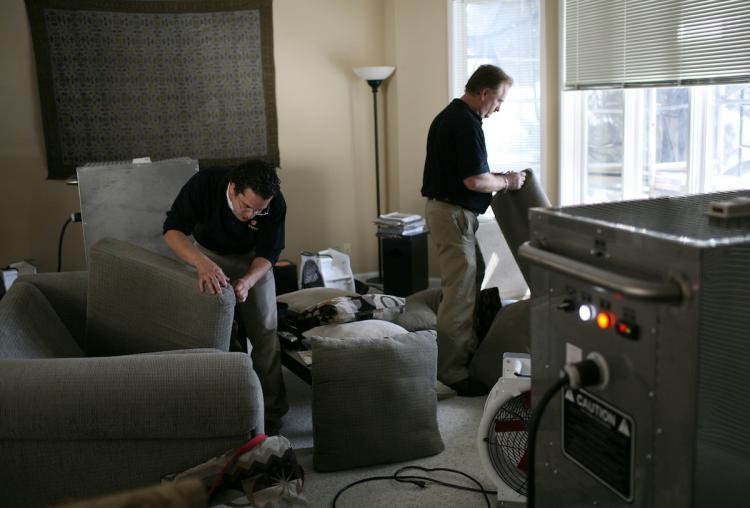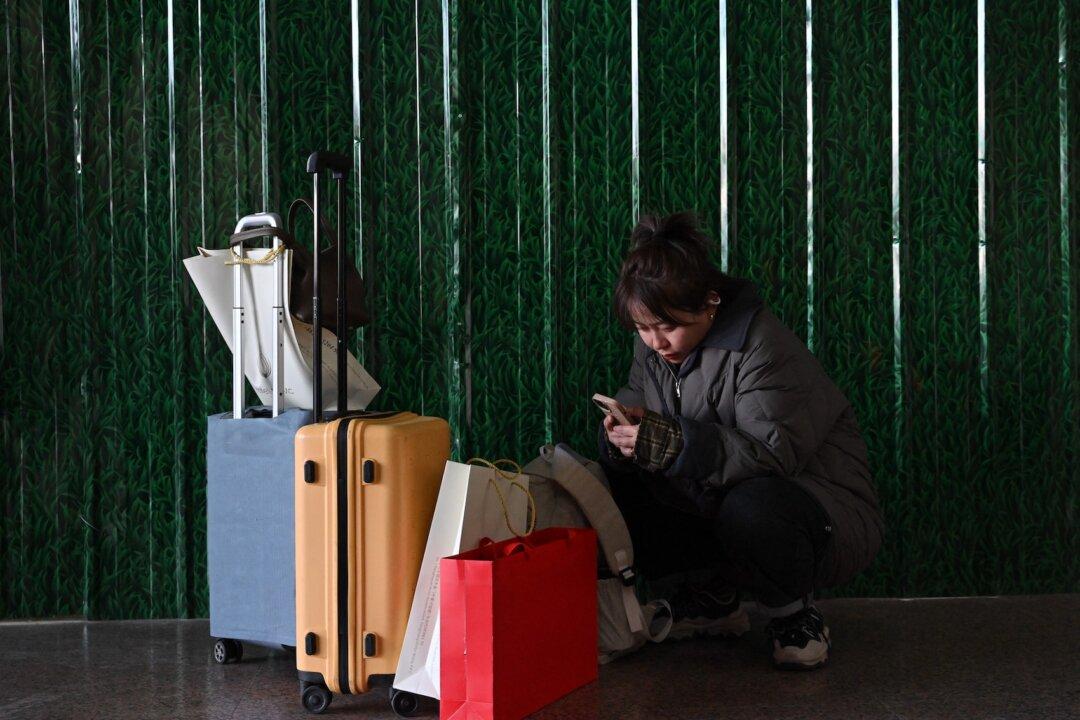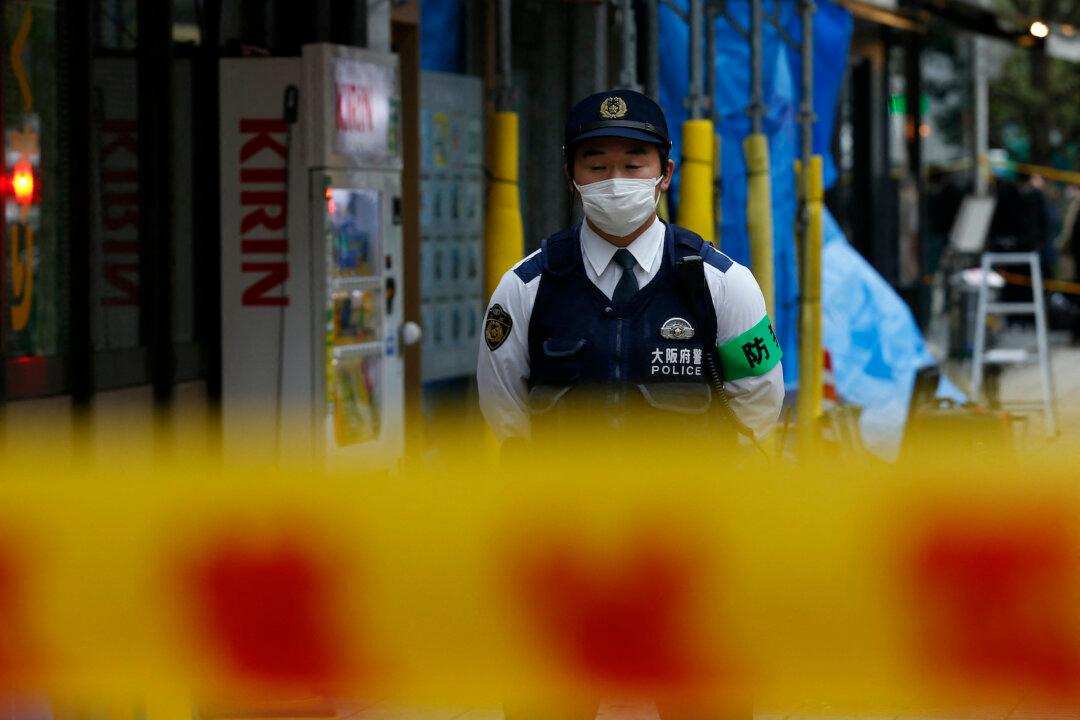South Korea is ramping up pest control measures and inspections to prevent a spread of bedbugs after reports of suspected infestations at some saunas and residential facilities, officials said on Nov. 8.
The small, flat oval insects have caused a panic in France, where reports of outbreaks on trains and in cinemas have raised worries about the impact on tourism and the Paris Olympics, which start in less than a year. Britain too has seen a jump in enquiries about the pests.





